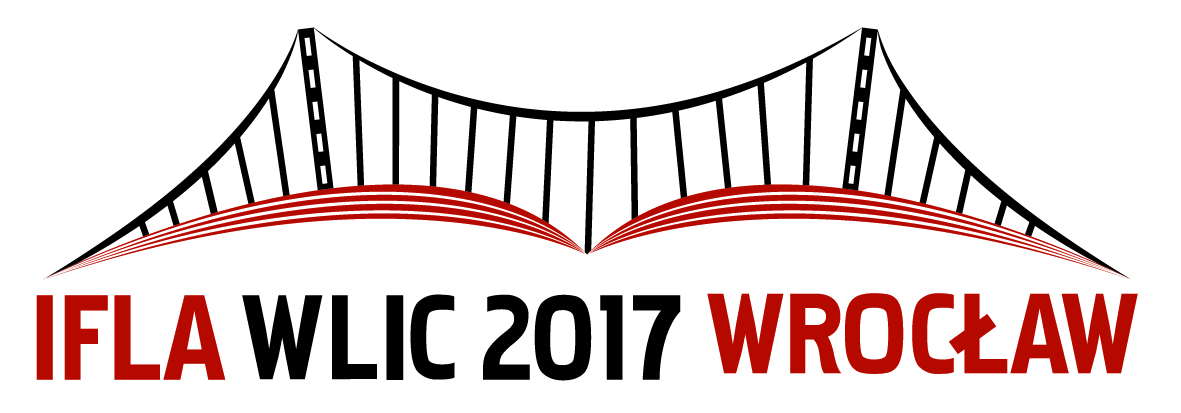Call for Papers: Open Sessions
Preservation and Conservation Section joint with Acquisition and Collection Development Section
"The Agony of Long-term Access: Collection building in the digital era "
Librarians are well experienced when they collect printed material: the acquisition process has been perfected over more than 400 years. A key part of collection development has long included prerequisites for the preservation, conservation, and access to those objects. In the digital age, we have not only the challenge of deciding what we collect (and for whom) and what a “local” collection means, but we also have to consider that the acquisition of digital material strongly depends on the capacity of the collecting institutions to take care for the material in the longer run: sustaining permanent access for future user groups. While this may sound easy, in practice advance planning is often not the case: It’s not considered in an adequate way. And the initial acquisition itself often is a challenge; processing masses of digital objects into the collection is occupying libraries strongly. Our understanding of digital materials, with their technical, formal requirements and specific contextual conditions, is far from complete.
The session will address both conceptual and operational challenges we have to face in long-term digital access.
Relevant questions in a conceptual perspective are:
- What is the context in which we operate today, and what are the key issues facing libraries in addressing long-term digital access?
- Do libraries have an obligation in selecting content for long term preservation?
- If not, where does giving temporary access end and what comes after that?
- And, in general, how can acquisition and the building of meaningful collections in the digital age be aligned with libraries’ tasks to safeguard access for future generations?
- Practically, we often use formal, technical, and hands-on rules to treat the challenges we might have with digital materials. Additional questions include:
- How this is managed? And what does it means for the process organization?
The session reflects different aspects of digital collection building in a pragmatic perspective through questions such as:
- How do libraries plan and organize for long-term access at the beginning of the acquisition workflow? Do they, and if not, what do they do to address this serious matter?
- What are current best-practise examples of how libraries and other organisations move forward.
The PERSIST-project and its implications can be considered too.
Proposals should include the following information:
- Name, title, and institution of speaker(s)
- Title of proposed presentation
- Address and email address of speaker(s)
- Brief biographical statement about each speaker including information about the qualifications of the speaker to address the proposed topic
- One or two paragraph discussion of the main points of the paper including an outline of the takeaways a conference attendee will obtain by having the topic presented at the conference
- Language of presentation
- Contact information for response to the proposal
Submissions
All proposals must be received by 1 March 2017.
Proposals should be sent to:
Alenka Kavčič-Čolić, Chair of IFLA Preservation and Conservation Section
Email: alenka.kavcic@nuk.uni-lj.si
The subject line of all submissions should be “IFLA_PCSACD_“ followed by your last name. For example, “IFLA_PCSACD_KavcicColic”.
The contact person for each proposal will be informed by 24 March 2017 whether their proposal has been accepted or not. The authors will be required to submit the full, at least 5 pages paper for inclusion in the program. It must be written in one the official languages of IFLA by 2 June 2017.
Please note
The committee is looking for papers that present real-world solutions. Papers that focus on solutions that are usable in multiple library contexts will receive higher consideration for inclusion in the conference program. Papers that are strictly theoretical or inapplicable to other environmental contexts are less likely to be accepted for inclusion in the program.
Authors are required to permit non-exclusive publication of papers chosen for this session on the IFLA website and digital library. Papers that are accepted but not presented in person at the conference will not be made available on the official conference website nor will they be considered for nomination as a best paper of the conference.
At least one of the paper’s authors must be present to deliver a summary of the paper during the program in Wrocław. Abstracts should only be submitted with the understanding that the expenses of attending the conference will be the responsibility of the author(s)/presenter(s) of accepted papers.
All papers that are presented at the WLIC 2017 will be made available online via the IFLA Library under the Creative Commons Attribution 4.0 license.
Authors of accepted papers must complete the IFLA Authors’ Permission Form.
All expenses, including registration for the conference, travel, accommodation etc., are the responsibility of the authors/presenters. No financial support can be provided by IFLA, but a special invitation letter can be issued to authors.
Congress Participation Grants
List of opportunities for support is available on our Conference Participation Grants webpage.
